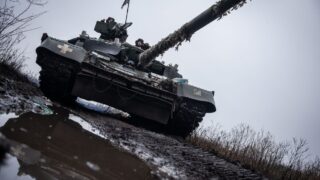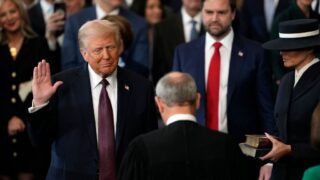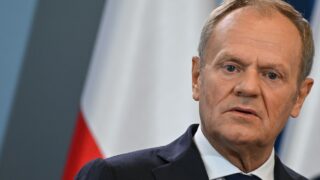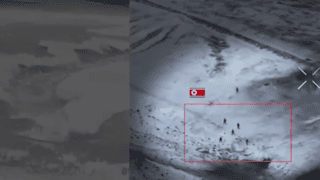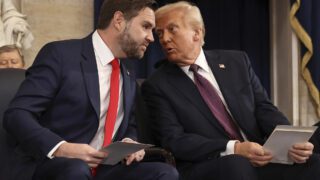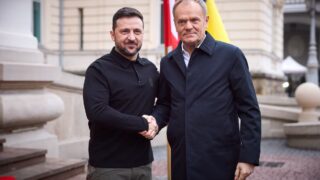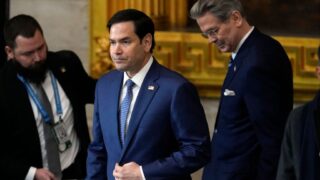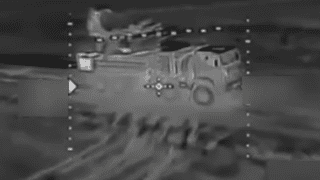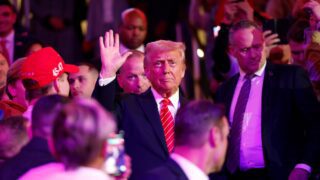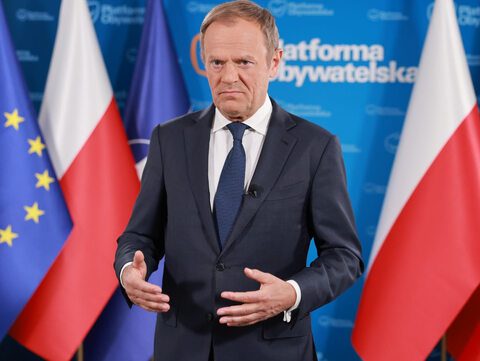
Poland seeks UK, France support to secure Ukraine to prevent Kyiv’s concessions under Trump
Poland’s Prime Minister Donald Tusk is coordinating talks with European leaders to prevent potential concessions to Russia under US President-elect Donald Trump, The Times reported on 11 November.
Trump has previously promised to secure a peace deal in Ukraine “within 24 hours” without giving any additional details. He also promised to halt the US aid for Ukraine, vital amid the ongoing Russo-Ukrainian war. While Trump reiterated his intention to avoid further US military involvement, a senior adviser to Trump suggested that Ukraine should take a more “realistic” approach to peace. This implies a possible compromise on Crimea’s status and also ceding other occupied areas to Russia.
In the coming days, Tusk is set to meet with UK PM Sir Keir Starmer, French President Emmanuel Macron, and NATO Secretary-General Mark Rutte to secure support for Ukraine. This comes amid concerns that Trump’s approach to peace negotiations with Russia may compromise Ukraine’s defense.
During recent discussions in Budapest, Starmer promised Ukrainian President Volodymyr Zelenskyy Britain’s “unwavering” support. Tusk hopes to form a cohesive alliance with key European players, including the Nordic and Baltic states, to prevent a peace deal that could see concessions to Russia, such as territory transfer or enforced neutrality for Ukraine.
“This new political landscape is a serious challenge for everyone,” Tusk said, adding that it especially poses risks for the Russian-Ukrainian war’s resolution. Tusk aims to ensure that European allies remain united, stating, “Nobody wants Ukraine to weaken or even capitulate; this would be a fundamental threat to Poland and Polish interests.”
Last weekend, the US President-elect’s son Donald Trump Jr. took to social media to mock Zelenskyy, posting a video captioned:
“POV: You’re 38 days from losing your allowance.”
This post further heightened concerns within Europe about the incoming administration’s stance on Ukraine, The Times says.
Related:




